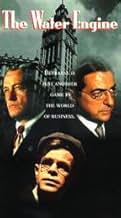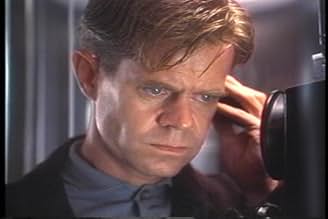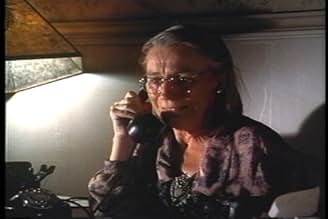This obscure made-for-cable adaptation of a David Mamet play can more than hold its own with other acclaimed films of his, including "House of Games", "The Spanish Prisoner"and "The Untouchables." Filled with his usual idiosyncratic dialogue stylistics and a complex plot line involving a bunch of underworld-types who double-cross each other, the storyline is compelling enough as it is. All performances here are stellar, and Macy hits just the right notes as a high strung, jittery, but tenacious inventor of a device that could revolutionize industry, and whose stubbornness, though the catalyst for his invention, could prove to be his downfall. Just as in "The Spanish Prisoner", the particulars of the invention are not nearly important as the massive personal machinations that surround it unceasingly.
What was especially interesting for me, as someone who studied economics, is that this movie successfully portrays a serious flaw in the economic pioneer Adam Smith's Invisible Hand Theory, which states that a competetive capitalist system naturally brings innovations to the marketplace. The problem in the movie is that in a system with monopolistic energy companies, the incentives for innovation are the exact reverse of of those in the theory: instead of innovating, these companies will naturally compete to stifle any new innovation which will interfere with their established system of production. As George C. Scott's character says to a big oil executive in the similar 1980 film "The Formula": "You're not in the oil business. You're in the oil shortage business." The movie raises some very thought-provoking issues. It just might contain some of Mamet's best work - too bad nobody seems to know about it.




































